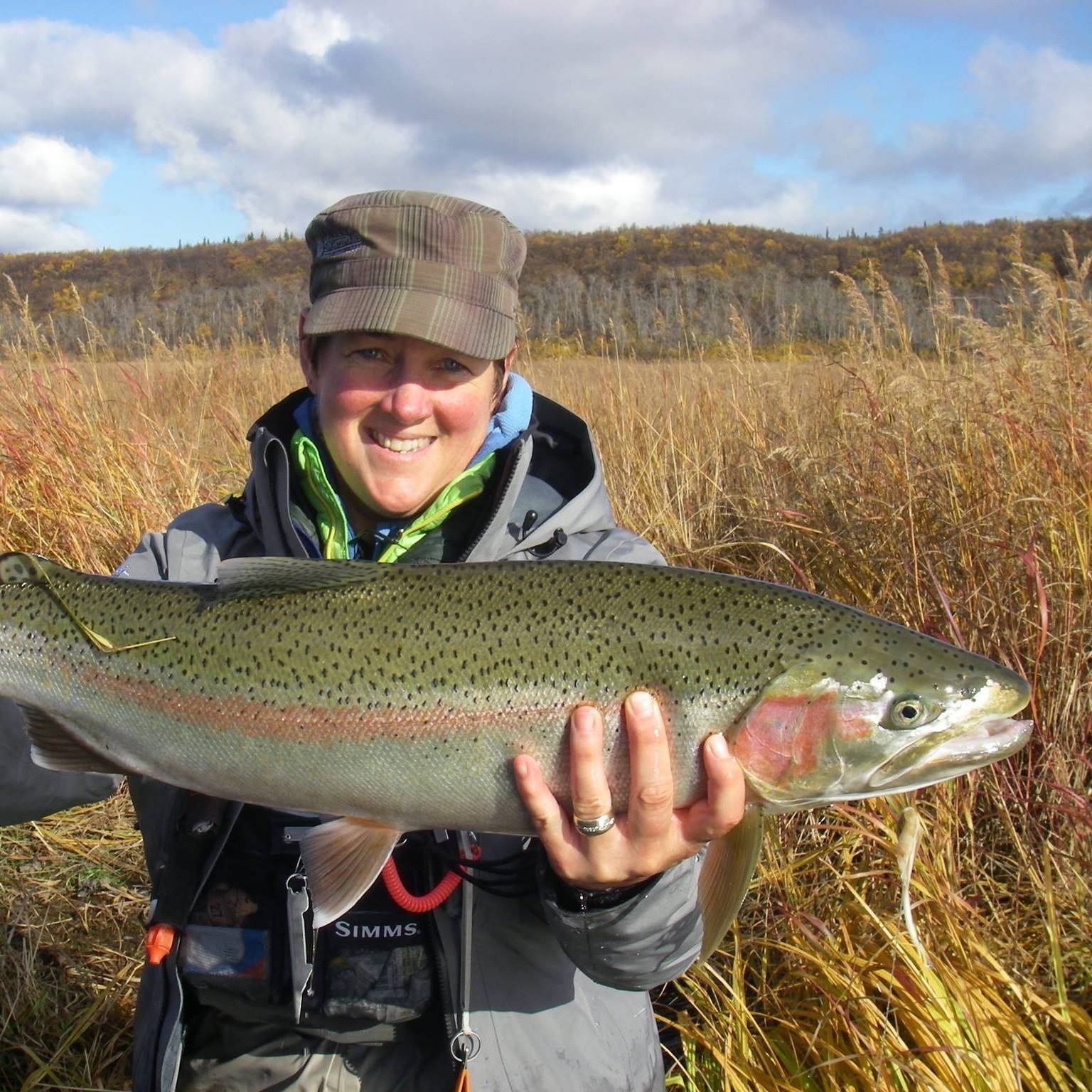My business and family depend on Bristol Bay’s thriving fisheries. Because of that, I have paid close attention to the proposed Pebble Mine and the harm it would have. I recently got the chance to look at Pebble’s long-awaited mine plan they filed with the U.S. Army Corps of Engineers, which is also being discussed in several legislative hearings this month. Alaskans should be very wary of what is proposed in these plans. It doesn’t take a technical degree to understand the massive risks Pebble brings to this world-class fishing region.
First, Pebble has proposed a mine and infrastructure that impact more than 15 square miles of the region. The permit application identifies more than 3,000 acres of wetlands and other waters that would need to be filled at the mine site, which far exceeds the 1,200 acres evaluated by the EPA in its Bristol Bay Watershed Assessment.
Second, Pebble plans to construct a 93-mile transportation corridor that includes a road, pipeline and multiple ports facilities. The road and pipeline would cross more than 200 streams, many of them salmon-bearing. In addition, there would be an 18-mile ferry route to shuttle mining materials across Lake Iliamna, Alaska’s largest lake and the world’s largest wild salmon incubator.
About 160,000 tons of mineral concentrate would be transported on this road daily — requiring up to 35 round trips by truck on a dirt road each day and one round trip by ferry. The company has proposed this new private transportation route with little review of the potential impacts to fisheries, wildlife, local communities or recreation. This traffic would be crossing several world-famous fishing rivers. Trucking mining material around Bristol Bay is an accident waiting to happen.
No one comes to Bristol Bay to fish near roads and industrial noise — they can do that at home. The construction of these roads alone would dramatically change Bristol Bay’s wild landscape and impact the tourism economy.
Despite Pebble’s recent promise to stay out of Upper Talarik Creek, the application concerningly lists a water discharge facility in the headwaters of the infamous creek, and a proposed road that must be built over it. They also still have plans on file with the State of Alaska to withdraw massive amounts of water from this river.
Perhaps most frighteningly, the current plan includes only a fraction of the ore within the Pebble deposit, and based on recent statements by Pebble itself, we know they plan to expand once they get their foot in the door. In a presentation in September, Pebble’s Ron Thiessen’s said to the Denver Gold Forum, “… this project, it’s a multi-generational opportunity. Its size and scale will lead to a very, very long life mine.” Make no mistake: the plan Pebble currently has filed is only phase one.
Bristol Bay fisheries are among the best in the world, and are a major economic engines for Alaska. The fishery and tourism industries have been bright spots in Alaska’s otherwise struggling economy. Bristol Bay’s 14,000 fishing-related jobs and $1.5 billion in annual economic activity would be risked by an estimated 1500-2000 jobs at the mine. Don’t be fooled by Pebble’s “new” plan. The Pebble Mine would cause wide-spread harm to salmon, communities and businesses in the Bristol Bay region, and strong majority of Alaskans agree and oppose Pebble Mine.
Fortunately, there’s still a lot we can do to ensure Pebble is never developed. The State of Alaska is in charge of many of the permits Pebble will have to secure. The Walker Administration should follow through with the governor’s strong words and use every lever at his disposal to ensure Pebble is held to the highest standards of review, and the Bristol Bay fisheries are protected. One immediate lever the state can take is to decline Pebble’s request to expand their drilling and responsibly limit the scope of their Miscellaneous Land Use Permit (known as their “MLUP”).
After reviewing this plan, I’m proud of Alaskans, and their fierce opposition to the Pebble Mine and their determination to ensure Bristol Bay’s future remains salmon filled. I am rolling up my sleeves for whatever comes next, and know thousands of others are doing the same. State leaders — I hope you’re listening.
• Nanci Morris Lyon is the co-owner of Bear Trail lodge in King Salmon. She has been working as a fishing guide in Bristol Bay for 33 seasons.

